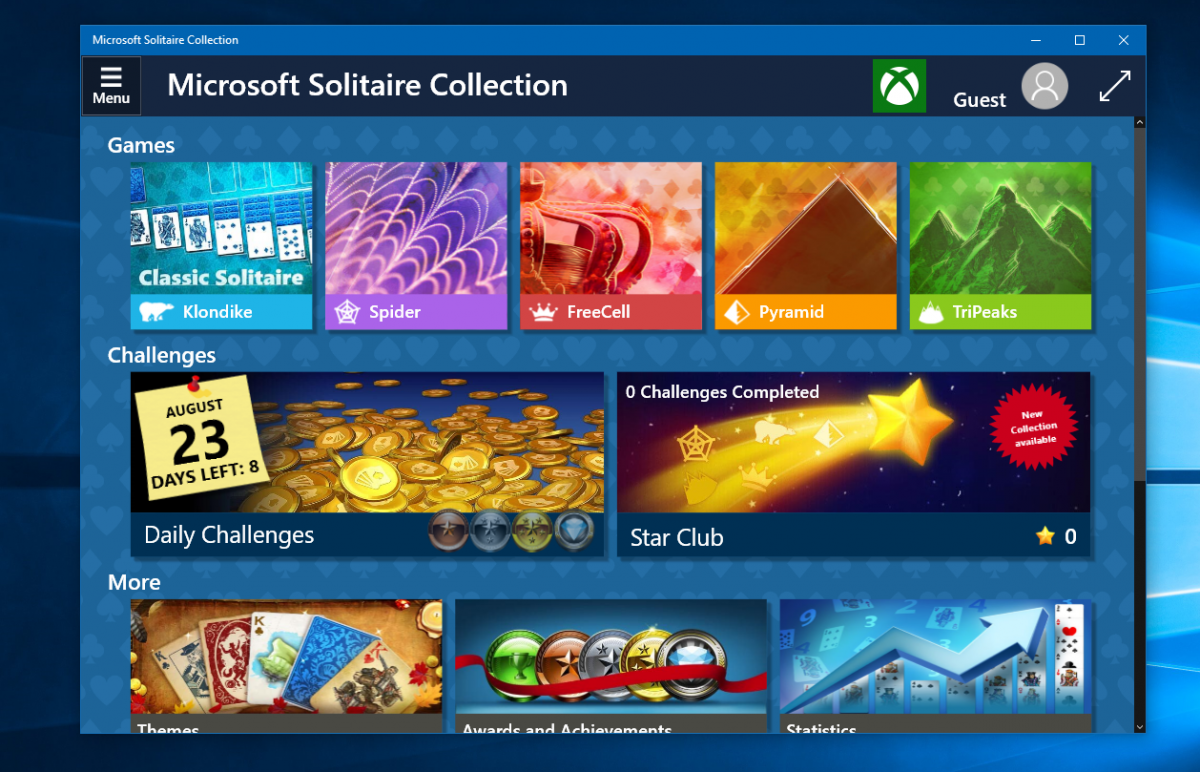

Games like God of War can make a surplus of $1b while the entirety of Gamepass at it's current subscriber count will make a fraction of that. The downside however is mega hits won't make as much revenue as they could if they weren't in the service. This model allows innovation and risk in the types of games released, because if a game flops, the entire Gamepass catalogue is there to pick up it's slack. Microsoft's MGS model relies on a large swath of subscribers to drive consistent scalable revenue rather than betting large on a few select titles. 3rd party deals would become more expensive, but it wouldn't outpace the growth in revenue. That's $500m in profit.Īs subscribers grow 1st party development costs roughly would stay the same. At 25 million subscribers, Microsoft is taking in $3b in revenue from Gamepass alone. Let's say the average subscriber pays $10 a month (a lot pay less with deals, some pay more with ultimate). It is harder to know exactly how much is spent on 3rd party deals, so let's just say $1.35b to round it out to $2.5b a year in total content offering expenses for Gamepass.

The cost of 1st party development would be $1.15b a year. I never get when people question the profitability of Gamepass and it's sustainability.įor example, let's say everyone of Microsoft's 23 studios is making AAA titles for $200m over 4 years. Companies that figure out will survive, thos that do not adapt to this new reality will die (he specifically points at Ubisoft and Sony).Ĭlick to shrink.Makes complete sense. He believes there'll be a "Netflix" MGS service (Game Pass) and maybe another MGS similar to HBO, where they don't have lots of content but with very high quality (maybe Sony). He also says that the economics of making AAA games for 6M unit sales no longer work, it's unsustainable, and the only way to move forward is by having more people play these games through MGS services. He believes that'll happen to videogames, more people will get to play more games for less, and the companies heading the effort will make their money back by having billion subscribers. The reason that's possible is because now there are billions of cellphone subscribers. He compares Game Pass and MGS to cell phone markets: in the 90s, there were 1M cellphone users who paid $150/mo for the service, and had to paid everything else separately (roaming, long distance, voice mail, etc.), and today you pay $35/mo and get unlimited everything. He believes this deal will kill companies that do not adapt to MGS services. He makes interesting points about the future of the industry.


 0 kommentar(er)
0 kommentar(er)
